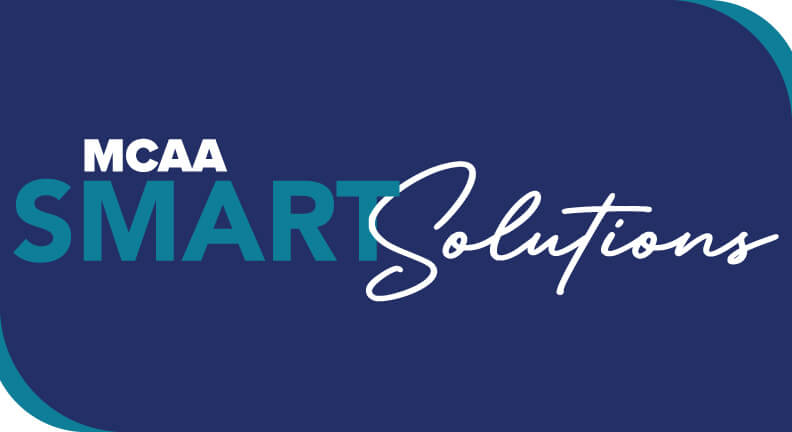
The Paycheck Protection Flexibility Act: Critics of the PPP have been vocal in outlining the flaws of the program. It was a loan product that was created for the entire middle market; however, in a complex economy, it has not been equally helpful for all businesses.
Take a restaurant for example: By its nature, a restaurant has high non-payroll costs (e.g., rent) and may have relatively low payroll costs (servers often make minimum wage). After the Pandemic hit, the CARES Act increased unemployment by $600 per week (over and above state unemployment) regardless of a recipients previous earnings. As a result, in some cases, low-wage earners are actually making more money on unemployment than they were when employed, thus giving them no reason to go back to work, especially if a business was shut down due to COVID-19 (like many restaurants were).
The PPP forces restaurants to bring back employees and put them on payroll, resulting in them actually receiving less income than they were receiving when on unemployment. At the same time, the expense the business really needs relief from is rent, and these types of non-payroll expenses are limited to 25% of the loan forgiveness amount. In the end, the employees made less money and the restaurant was unable to get most of its critical expenses paid and forgiven. This scenario happened over and over again in the middle market in ways that many could not have predicted.
Enter the proposed solution: Changes to the PPP to correct for some of these issues were first introduced in the HEROS Act, a bill largely drafted by house Democrats and that has completely stalled in the senate. The HEROS Act is a massive $3 trillion bill (larger than the CARES Act) that introduced a wide variety of stimulus measures. The bill contained pragmatic PPP changes that would have solves the issue above, but it wound up being a victim of the political process. To combat this, the Paycheck Protection Flexibility Act was introduced. It is a standalone piece of legislation that largely carves the PPP changes out of the HEROS Act. This Forbes article outlines the background of the issues and many of the bipartisan proposed changes.
This bill apparently has bipartisan support (including the President) and we have heard from multiple sources that it may be voted on as early as next week. The changes would be VERY meaningful for all borrowers – here are some:
Changes Proposed:
- Extend the covered period from 8 weeks to 24 weeks.
- Remove the “75% rule”, therefore non-payroll costs will not be limited to 25% of all costs incurred.
- Extend the repayment terms from 2 years to a longer term. The CARES Act allowed for “up to” 10 years to repay loan proceeds that were not forgiven.
- Enhance the payroll deferral and allow those who received the PPP to continue to benefit from the deferral all the way to the end of 2020 rather than up to the date the loan was forgiven.
- Extend the rehiring rule to allow companies to rehire employees past June 30 and therefore obtain a greater forgiveness amount.
We are watching this closely and will report if we see changes or momentum relating to this bill.
Reminder Section: (what should I be doing):
- Call your payroll company about claiming the payroll tax deferrals and employee retention credits that were made available in the CARES Act.
- Talk to your payroll company about the Sick Pay Bill (passed prior to the CARE Bill).
- Be in constant communication with your bank (about status of your PPP application).
- Consider speaking with your bank to discuss changes to terms of existing debt facilities. The banking system remains strong.
- If you have already applied for the PPP, start forecasting how you intend to spend the funds and how to qualify for the highest amount of forgiveness possible.


